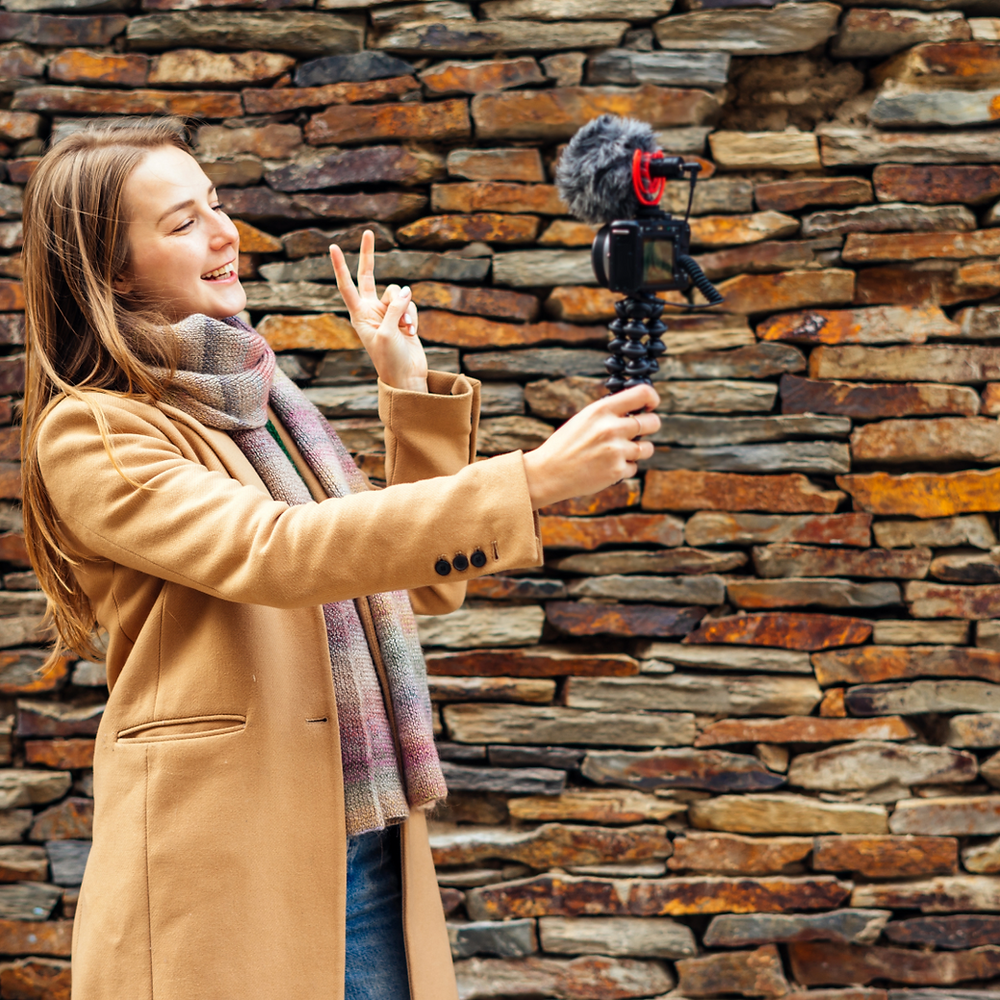


Many businesses still associate influencer marketing with consumer brands and social media personalities, but B2B companies are increasingly leveraging industry experts, LinkedIn influencers, and niche thought leaders to drive engagement and trust. As platforms like LinkedIn evolve, businesses are discovering new ways to position themselves as industry leaders and connect with decision-makers.
LinkedIn as an influencer hub
Professionals are turning to LinkedIn influencers for industry insights, recommendations, and networking. The platform’s recent push toward short-form video is accelerating this trend, with video viewership growing 36% year-over-year. LinkedIn now has a dedicated vertical video feed, making it easier for thought leaders to share bite-sized insights that engage audiences quickly.
Executives, consultants, and niche experts are increasingly using short-form videos to share thought leadership in digestible, high-impact formats. As LinkedIn moves toward a more visual, influencer-driven experience, brands have new opportunities to engage without needing large-scale influencer budgets.
The power of micro and niche influencers
The rise of micro and niche influencers is enabling more businesses to turn to influencer marketing. Instead of relying on broad-reach influencers, companies can now engage smaller, highly targeted audiences that align with their industry.
Decode the key influencer terms with our free Influencer Glossary:
For example, a tech startup may see more success partnering with a cybersecurity analyst with 5,000 engaged followers than a celebrity influencer with millions. These high-trust connections make niche influencers an effective way to reach decision-makers who value expertise over mass appeal.
The shift toward authenticity
A growing movement toward authenticity and transparency is reshaping influencer marketing. Professionals are engaging more with genuine insights, rather than polished, corporate promotions.
One trend fueling this shift is deinfluencing, where influencers focus on what not to buy rather than simply promoting products. This movement builds trust and strengthens relationships between influencers and their audience, making honesty a key factor in B2B influence.
AI-driven influencer strategies
Artificial intelligence is changing the way brands identify influencers, personalize outreach, and optimize content. AI tools help companies analyze engagement patterns to find the most relevant voices in a given industry, making influencer selection more strategic and data-driven.
And the rise of AI influencers
Beyond strategy, AI is also shaping the future of influence itself. AI-generated influencers are emerging across platforms, blending automation with engagement to create virtual thought leaders in business, tech, and finance. While AI influencers are still evolving, they’re opening up new possibilities for scalable, brand-aligned influence in the digital space.
Why this matters for B2B and small businesses
These shifts in thought leadership, authenticity, and engagement styles mean that B2B companies and small businesses can tap into influencer marketing more effectively than ever. By leveraging industry experts, niche thought leaders, and the rise of LinkedIn video, brands can position themselves as trusted voices, without needing celebrity-level exposure.
For a deeper dive into influencer strategy, download Influencers decoded which provides a clear, actionable framework, helping brands research, recruit, engage, and measure influencer partnerships effectively, or start with our free Influencer Glossary to get familiar with key terms.
_edited.png)



